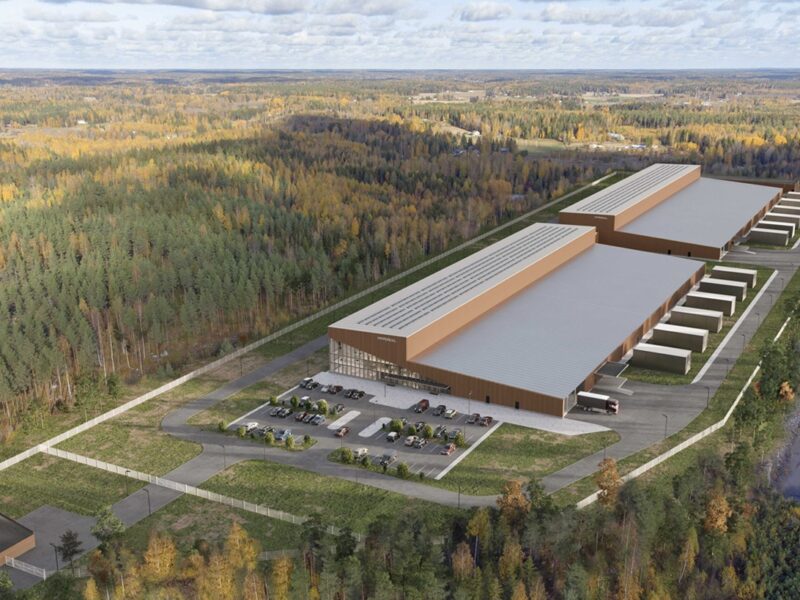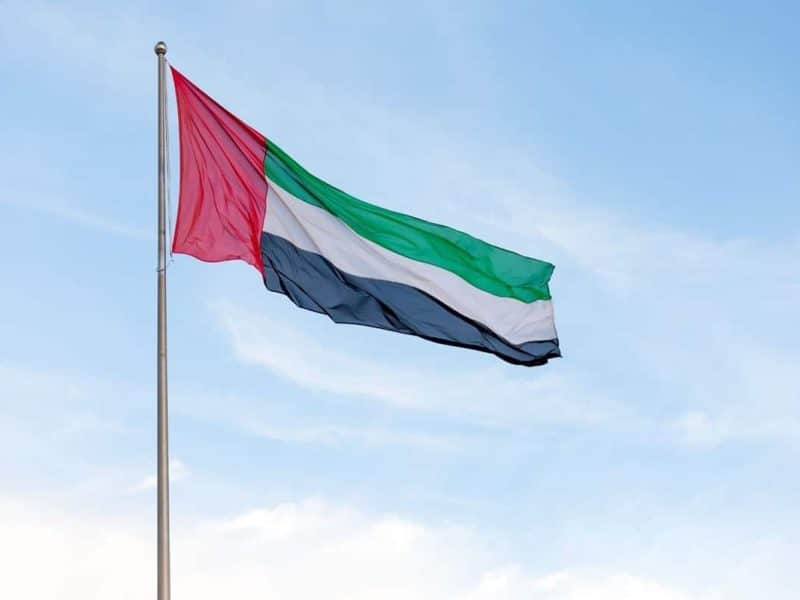Demand for Grade A office spaces in Riyadh has surged as momentum builds around the Saudi government’s ‘Program HQ’ initiative, which has already seen 44 multinational companies signal their intention to move their regional headquarters to the kingdom’s capital.
The directive was announced earlier this year by Saudi authorities, which stipulated that, from 2024, companies who fail to have their regional HQ in Riyadh would not be considered for government contracts.
The move is aimed at attracting investment and generating jobs for Saudis, in which it is estimated that for every job attracted through the program, 2.5 jobs are created indirectly in the base economy.
Growing demand for Grade A office space has placed upward pressure on lease rates, which have risen 2.9 percent in the 12 months to the end of Q3 2021, according to a report by global real estate consultant, Knight Frank.
Looking ahead, Knight Frank predicts that demand for high quality office spaces is expected to intensify as blue-chip multinationals are unlikely to settle for anything less, further driving the growing delta between the performance of Grade A and Grade B rents.
“The persistent flight to quality means Grade A and Grade B rents drifting further apart, highlighted by the fact Grade B office rents across Saudi Arabia have fallen by between 1 percent and 3 percent over the last 12 months,” said Faisal Durrani, head of Middle East research at Knight Frank.
The Saudi headquarters ultimatum has placed the kingdom in competition with the regional business hub, the UAE, and is set to redefine the future economic landscape across the Middle East for the better.

Saudi Crown Prince Mohammed bin Salman has also pushed a $800 billion strategy to double the size of the city and turn it into a global hub.
“Clearly, the decision to position Riyadh as a regional rival to Dubai comes with its own considerations”, added Durrani, referencing issues, such as the quality and quantum of office space available, access to the talent pool, as well as taxation differences.
However, with the region’s largest economy and a population of around 35 million, the report from Knight Frank suggested that there is room in the region for more than one business hub.









